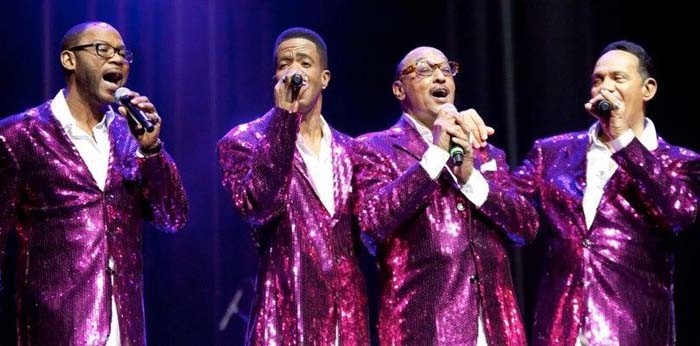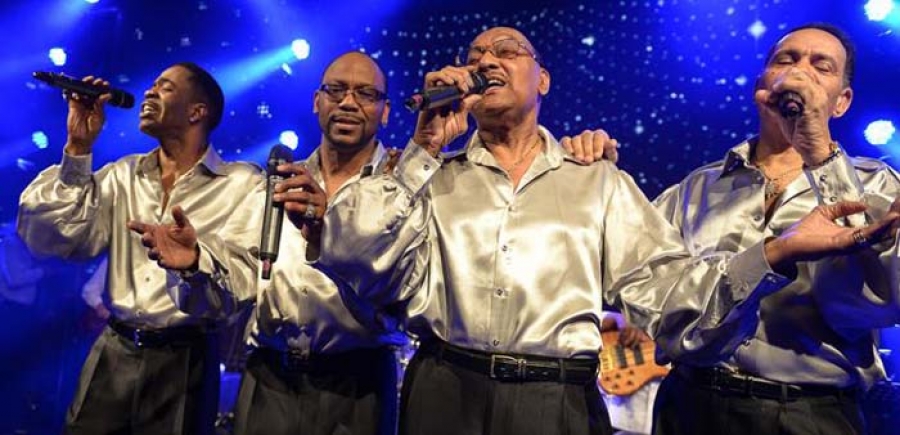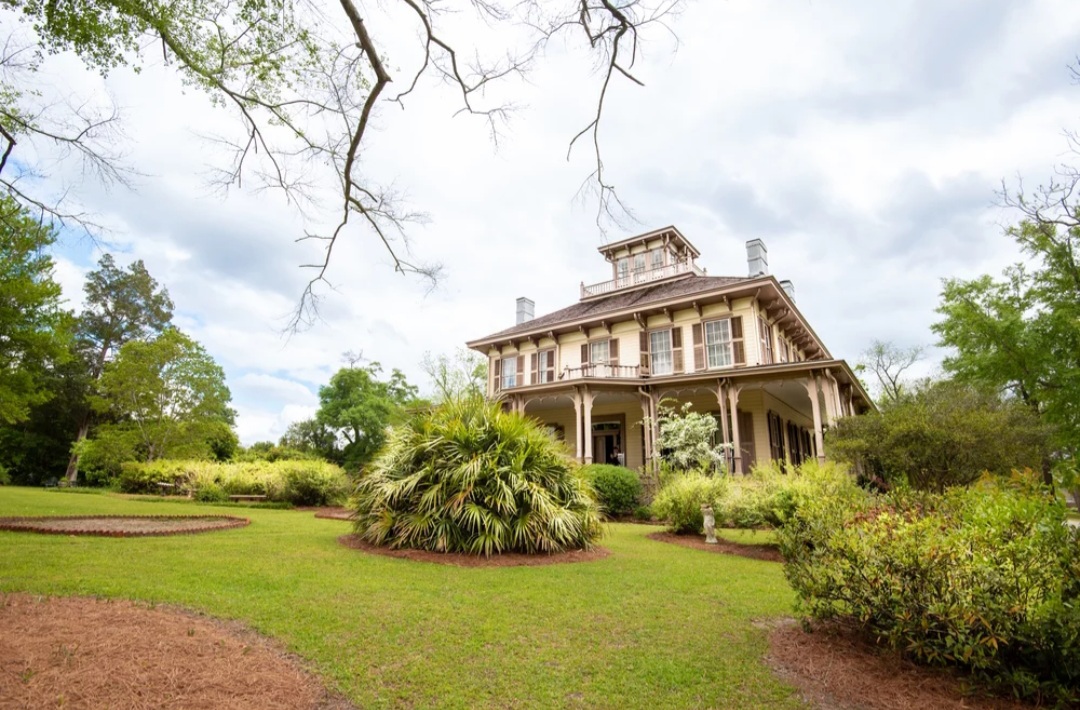
“There Will Never Be Another Motown.”
By Michael P Coleman
Just seconds into my EXCLUSIVE chat with Abdul “Duke” Fakir, the only surviving original member of Motown’s legendary vocal group The Four Tops, it was clear that he is a tried-and-true family man. He was enjoying a visit with his daughter in Florida, and graciously took time away to chat with a kid from Detroit who considers him music royalty.
Fakir exudes all of the warmth and accessibility that’s inherent in every chart-topper The Four Tops enjoyed. He has been performing with The Four Tops since the 1950s, and now carries on the group’s legacy with a trio of talented singers, one of whom is the son of another original member, Lawrence Payton.
During our refreshingly candid interview, the 83-year-old legend spoke about why he chose to carry on after the deaths of his childhood bandmates, his bond with his “Baby Sis” Aretha Franklin, overcoming self-destructive behavior, changes in the music industry over the last half century, and his thoughts about whether or not we’ll ever see another phenomenon like the one we call Motown.
Casual fans may be surprised to learn that after Lawrence Payton’s death in 1997, Fakir, Renaldo “Obie” Benson, and lead singer Levi Stubbs carried on as a trio — but didn’t change The Four Tops’ name.
“We did that because we had branded that name — it wasn’t just a number. It was the name of the guys who were still standing,” Fakir says. “As kids, we had made a commitment to each other that we would be together forever. We thought ‘forever’ would be 10, 12, 15 years maybe. We didn’t think we’d be together as long as we were.”
“When Lawrence passed, it was really a shock to us,” Fakir continued. “It was something that we hadn’t prepared for. We almost retired then. But one thing we knew: we were not going to have just anybody in that spot. Our managers, our agents, everybody wanted us to change our name to The Tops. But we refused. We were still The Four Tops even though there were only three of us onstage. Lawrence was still with us.”
Just a few weeks ago, Fakir lost another lifetime friend, Aretha Franklin. Given their lifetime friendship, he’s understandably wistful in speaking of her.
“I lost someone who seemed like a real sister, almost like a blood sister,” Fakir says. ‘We’ve come a long way together. I called her “Baby Sis.” I’ve been knowing her ever since she was a young girl, and we became very good friends, The Four Tops and her entire family, and that lasted throughout the years. We did many concerts together. We ate dinners and lunches and shared food together quite a bit. We had a lot of laughs, and we had a lot of good times. So I really miss her.”
“She always had a beautiful aura around her,” Fakir continues. “I was always almost spellbound, believe it or not, in my young days when I was around her, ‘cause she was just such a great artist. Her voice and her spirit…she’s going to be around forever, to me.”
The Four Tops continue to tour the world, and Fakir promised retirement’s not a part of his plan for the future. In fact, he says that continuing to do what he loves is what’s kept him surprisingly spry.
“I love entertaining people. I love making them feel good. And it’s wonderful that we have the type of songs to do that,” Fakir says.
That’s an understatement. “It’s The Same Old Song.” “Reach Out, I’ll Be There.” “Standing In The Shadows Of Love.” “When She Was My Girl.” “Baby I Need Your Loving.” “Still Water (Love).” “I Can’t Help Myself (Sugar Pie Honey Bunch).” Fakir promises all of that and more in Modesto.
“I love being on stage, looking in people’s eyes, and seeing the love, respect, and joy that they have,” Fakir shares. “It makes me feel great that I can pass that on, and I can get it back from them. It’s the greatest feeling of my day. I’ve been high off of a couple of other things, but never as high as what I get on stage!”
“I was a big drinker for awhile. I’ve smoked some weed and I’ve done cocaine,” Fakir confides. “It was all a part of being in the business for awhile. I enjoyed my youth! We partied, we had fun, we celebrated. We did all of the things you do as a young man making money.”
“But as I got older, I decided I couldn’t keep doing that. There’s more to life than just that. And I started enjoying the true essence of living — as a husband, father, grandfather, and great grandfather! And I’m still enjoying it!”
Fakir’s talk of the generations who’ve followed him prompted me to ask about the changes that he’s seen in the music industry since he started singing over 60 years ago.
“I’m from really old school, from way back,” Fakir says. “The stage was, and still is to me, precious. It’s hallow ground. Onstage, we felt like we needed to be dressed as well and be as good mannered as we would be anywhere, almost like we were in church. And I still feel that way.”
“When I look at the business now, many of today’s artists don’t care about how they’re dressed onstage, the words they use onstage, or the things they do onstage. Some of it’s hard for me to watch and to listen to.”
Fakir shared that he thought the strong religious communities in 1950s Detroit, along with the vision of Motown founder Berry Gordy and, he says “…the great hand of God…” created a cocktail that led to the international success of Motown Records. He says “The Motown Family” was much more than a marketing campaign, as some have claimed.
“We were, we are, and we always will be family,” Fakir asserts. “We were friends, and we helped each other out. We started out dreaming together, hoping and wishing. It was like our own musical college, and was just wonderful. It was amazing.”
As we talked, the Detroiter in me became wistful. I had to ask the legend whether he thought we’d ever see a phenomenon like Motown again.
“I never say ‘never’ because I’ve seen so many different changes that I thought would never happen,” Fakir says. “But I do believe, in my estimation, that there will never be another Motown or anything similar. That’s my personal opinion — absolutely not.”
As long as the music — which over the course of my lifetime has gone from 45s to 8 tracks to cassettes to CDs to downloads to online streams — is available, we don’t need another Motown: it’s still alive and well in our hearts, and on stages like the Gallo Center’s in Modesto. See you November 1st!
Click here for tickets to see The Four Tops!
Connect with Sacramento-based freelancer MPC at michaelpcoleman.com, or follow him on Twitter: @ColemanMichaelP.




